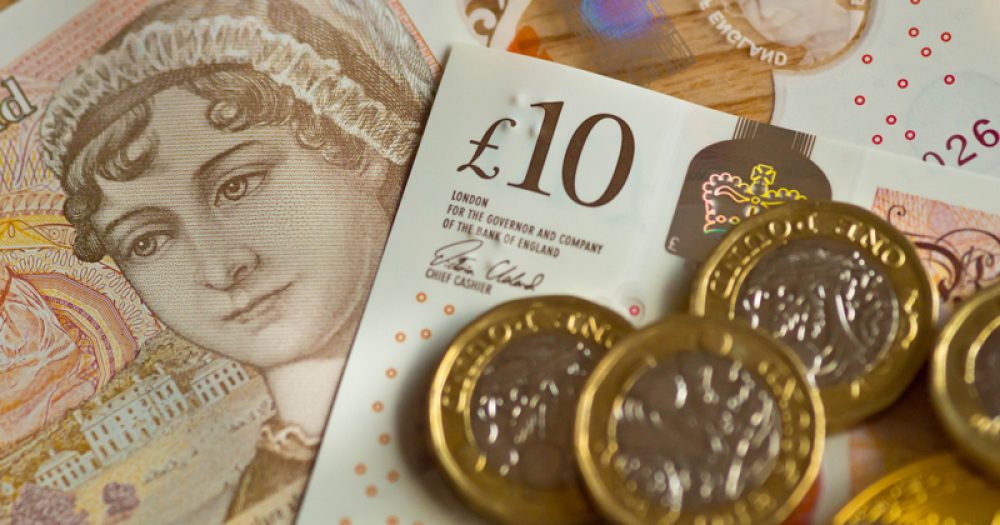The National Education Union has demanded an “inflation-plus” pay rise for all teachers, threatening strike action as new figures show prices soaring 9.1 per cent.
The teaching union wrote to education secretary Nadhim Zahawi today, warning it will urge its members to support a ballot on industrial action unless he takes “sufficient action”.
They say all teachers deserve an “undifferentiated inflation-plus” pay rise. If not, NEU would hold an indicative ballot in the autumn term, before a potential formal ballot on strike action.
The government’s current proposals, now being weighed over by its advisory school teachers’ review body (STRB), are likely to mean an 8.9 per cent rise next year to minimum bands for starting salaries, but only a 3 per cent rise for most teachers and leaders.
The warning comes as Office for National Statistics data this morning showed average prices rising 9.1 per cent in the year to May, on the consumer price index (CPI) measure of inflation. Fuel prices are at record highs, soaring by almost a third over the year.
It also comes amid growing signs of wider industrial unrest over the current cost-of-living squeeze, with rail staff walking out this week and other unions raising the prospect of action over below-inflation pay rises.
‘Falling pay levels damaging our schools’
The NEU says teachers’ pay has fallen by a fifth in real terms – accounting for inflation – since 2010. The letter by joint general secretaries Dr Mary Bousted and Kevin Courtney claims average salaries are now at their lowest level compared to average national earnings in more than 40 years.
It says this has worsened recruitment and retention problems, with “profound difficulties” finding staff nationwide, and they note declining applications for initial teacher training places and missed government recruitment targets. “Some schools are having to reduce their curriculum offer as a result.”
“Teachers and school leaders often tell us that workload is their predominant concern. But right now, our members are telling us pay is a big issue too,” they write.
“The combination of unsustainable hours, the work intensity during those hours and ever-falling pay levels are damaging our schools and the young people we are educating. Your failure to act on the issues that matter means that one in four teachers have left by the end of three years, one in three by the end of five.”
The education secretary is urged to “respond to the new economic reality of double-digit inflation and the threat this poses to teacher living standards”.
Most teachers wouldn’t award double-digit pay rises
The government has unveiled plans to hike starting salaries to £30,000 to boost recruitment.
Its proposals amount to a 16 per cent rise for new teachers over the next two years. On top of the proposed three per cent next year, other teachers would also get a further two per cent rise in 2023-34.
But NEU said this was “not good enough” – and wants “undifferentiated inflation-plus pay increases for all teachers”.
The NEU has not confirmed what percentage increase it is seeking, however.
Courtney said rises should at least match inflation “at the minimum”, but the boost should also “start to put right the decline in real wages since 2010”.
The NEU’s press release gave more prominence to the retail price index measure of inflation, which is higher than CPI at 11.7 per cent.
The ONS describes RPI as a “very poor measure of inflation” – discouraging its use and ditching it as a national statistic in 2013. The UK Statistics Authority has also recommended goverment stop publishing it, though some trade unions have defended its use.
A new poll of 3,097 teachers themselves by Teacher Tapp found only 46 per cent would award rises of 10 per cent or more, despite those surveyed being explicitly told inflation is likely to hit double-digits.
Zahawi: Strikes risk undoing Covid catch up
A Department for Education spokesperson called teachers the “backbone of our education system”, with new teachers in line for the “highest pay awards in a generation”.
Rises for all teachers, the levelling up premium and fully-funded training opportunities make teaching an “attractive career”, and teacher numbers are up by 24,000 on 2010, they added.
The NEU says it is the largest education union in Europe, with more than 450,000 member teachers, lecturers and other staff in maintained and independent schools and colleges.
The NASUWT union has also threatened to ballot members over strike action if teacher pay is not increased by 12 per cent.
















Your thoughts